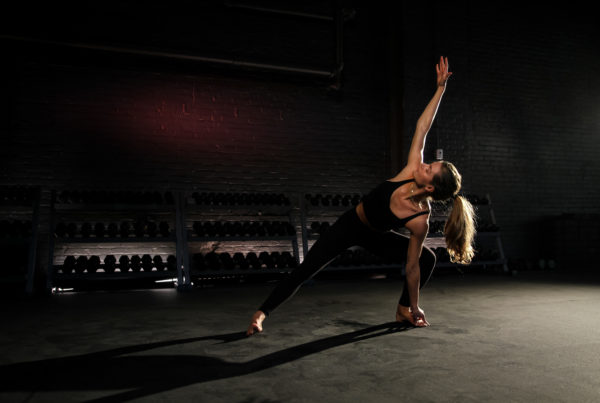Sunny days have their perks: They boost your mood, get you moving, provide the perfect setting for outdoor adventure and leisure, and research even suggests that sun exposure can be good for your health.
But extra sun isn’t always so sweet. Sun-bathed days can *also* mean sunburn, dehydration, and more. Fortunately, with a little preparation, you can guard yourself from the worst of the harms and reap the many benefits of summertime sunshine. Here, how the sun can impact your health for better and worse—and how to keep yourself safe.
THE GOOD: A MOOD BOOST
As anyone who’s caught some rays can attest, sunbathing can be a form of self-care. Exposure to sunlight seems to make us happier, and researchers believe this may be due to a boost in the feel-good hormone serotonin, making a case for some morning, midday, or afternoon rays. (And who can complain about a summer BBQ?)
THE BAD: SKIN CANCER
It only takes about 15 minutes of sun exposure for damage from ultraviolet rays to set in, which means SPF is *uber* important in warmer weather. After all, generally, the more sun exposure, the higher your risk of skin cancers like basal cell carcinoma and squamous cell carcinoma. Cross over into sunburn territory? You double your risk of melanoma, the most dangerous form of skin cancer.
Make sure to lather up with sunscreen (SPF 15 or 30) 30 minutes before you head outside then reapply every two hours or after you step out of the pool or break a sweat. And instead of going for a long midday hike or beach walk, save it for sunrise or sunset—and spend the brightest hours indoors.
THE GOOD: STRONG BONES
Sunlight allows your skin to produce vitamin D, which, in turn, helps your body absorb calcium to build and maintain healthy bones. Since most of us are low on vitamin D, according to some measures, a sunlight supplement can help fill you up.
Just don’t nix the sunscreen for long: The World Health Organization (WHO) recommends just 5 to 15 minutes of unprotected sun exposure on your hands, face, and arms two to three times a week to keep your vitamin D up.
THE BAD: IMMUNITY ISSUES
Sun exposure could wreck your summer plans by weakening your immune system. While more research is needed to fully understand why, emerging studies suggest sun exposure might increase your risk of infection and even reduce your body’s ability to fight off skin cancer (eek), reports the World Health Organization (WHO). Once again, sunscreen is your best bet when it comes to protecting yourself.
THE GOOD: HEART HEALTH
Another benefit of UV rays? A little sun could lower your blood pressure. That could be why sunlight seems to be associated with a lower risk of heart disease. And while (again) more research is needed, these findings are enough for some scientists to wonder if avoiding the sun (due to skin cancer risk) should be reconsidered in light of these potential benefits.
THE BAD: HEAT EXHAUSTION
Lots of sun combined with high humidity and a super-challenging workout can be a recipe for heat exhaustion or — worst-case scenario — life-threatening heat stroke. You’re bound to sweat if you’re going for an outdoor workout on a hot and humid day. But keep an eye out for signs of danger such as heavy sweating plus cool, moist skin with goosebumps. If you’re feeling dizzy or faint and your pulse is weak and pitter-pattering, stop what you’re doing and find a cooler spot to rest and rehydrate.
To avoid heat exhaustion in the first place, wear loose, lightweight clothes and sunscreen, and schedule your toughest workouts for cooler weather or at the gym.




